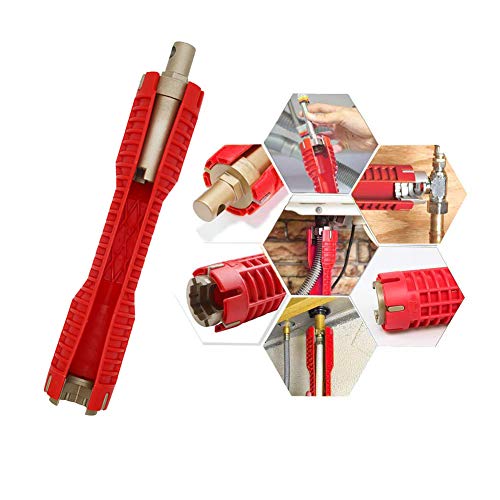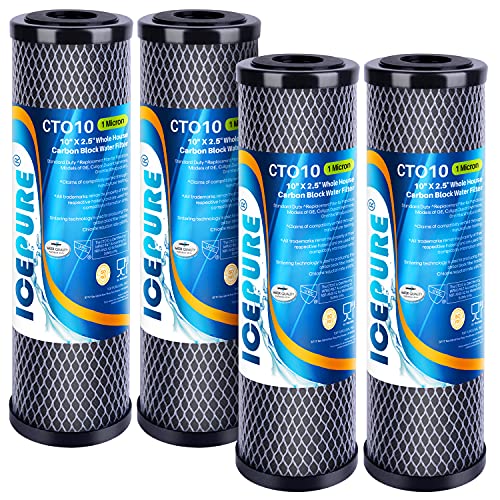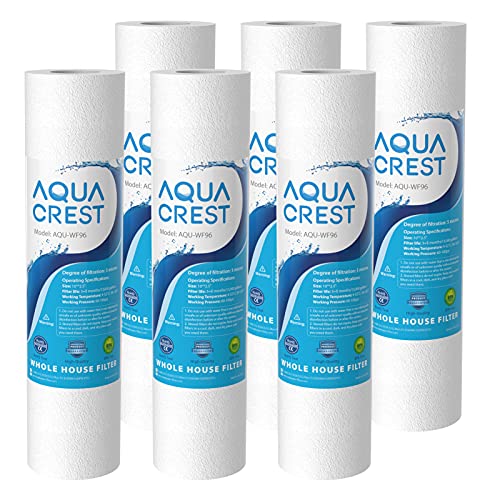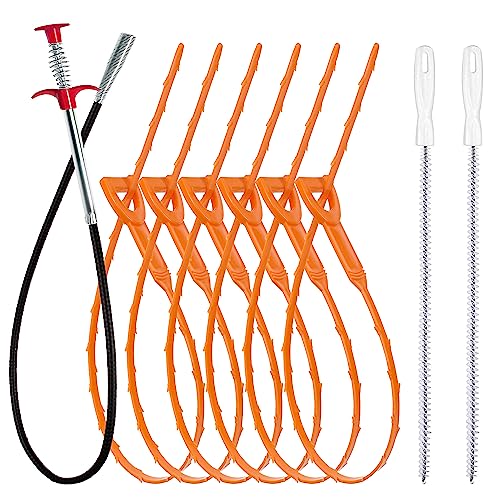Hi,
I have two bath tubs, I'm getting small, brittle flakes which are dark in both of them when I run the water. It happens for both hot and cold water. The flakes are about 1-5 mm in size. They do not smear when I press them.
The sinks in the house don't have the same problem (I thought). I didn't realize the sinks have screens built into the faucet heads. I was able to remove the screen from my kitchen sink faucet head. When I run the water there (cold/hot), I get the same flakes coming out, although less.
The kitchen faucet screen has a black gasket in it. I was surprised that it smeared a black stain on my fingers when I touched it. Is that expected? I rinsed it off a few times and now it isn't smearing any more. It doesn't look in bad shape or anything.
I've called a few plumbing shops, but they said to call the city water department. I got in touch with them, and they mentioned something about it possibly being magnesium, and flushing the lines. They also mentioned something about replacing the water meter. They're sending someone out to take a look.
Does anyone have an idea as to what this could be? Any extra info to have would be useful before they arrive so I have a better sense of what's going on. Although the screens on the faucet, and the brita water filter we have probably prevented us from drinking any of the actual flakes, I'm worried smaller pieces may have been getting through, and who knows what the result of that is.
Thanks for any help.
I have two bath tubs, I'm getting small, brittle flakes which are dark in both of them when I run the water. It happens for both hot and cold water. The flakes are about 1-5 mm in size. They do not smear when I press them.
The sinks in the house don't have the same problem (I thought). I didn't realize the sinks have screens built into the faucet heads. I was able to remove the screen from my kitchen sink faucet head. When I run the water there (cold/hot), I get the same flakes coming out, although less.
The kitchen faucet screen has a black gasket in it. I was surprised that it smeared a black stain on my fingers when I touched it. Is that expected? I rinsed it off a few times and now it isn't smearing any more. It doesn't look in bad shape or anything.
I've called a few plumbing shops, but they said to call the city water department. I got in touch with them, and they mentioned something about it possibly being magnesium, and flushing the lines. They also mentioned something about replacing the water meter. They're sending someone out to take a look.
Does anyone have an idea as to what this could be? Any extra info to have would be useful before they arrive so I have a better sense of what's going on. Although the screens on the faucet, and the brita water filter we have probably prevented us from drinking any of the actual flakes, I'm worried smaller pieces may have been getting through, and who knows what the result of that is.
Thanks for any help.


















































